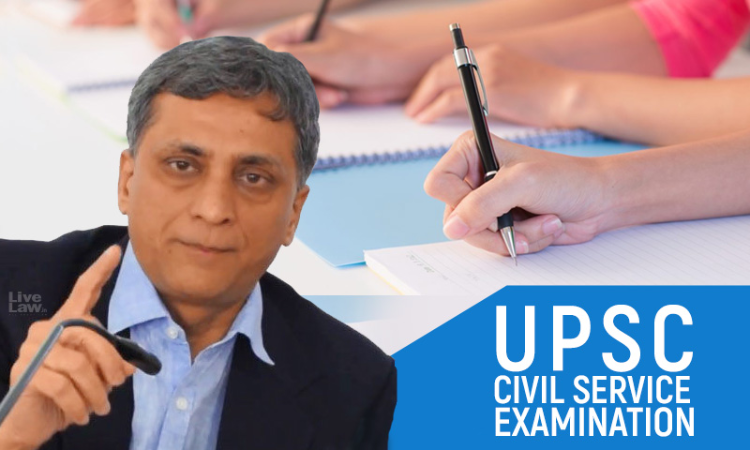Senior Advocate Shyam Divan argued in the Supreme Court on Tuesday for granting extra-chance without upper age limit for civil service aspirants who gave their last attempt in the UPSC exams held in October 2020."It's completely unjustified to not relax the limit. They have a power and the duty to relax this", Divan submitted before a bench headed by Justice AM Khanwilkar.While acknowledging...

